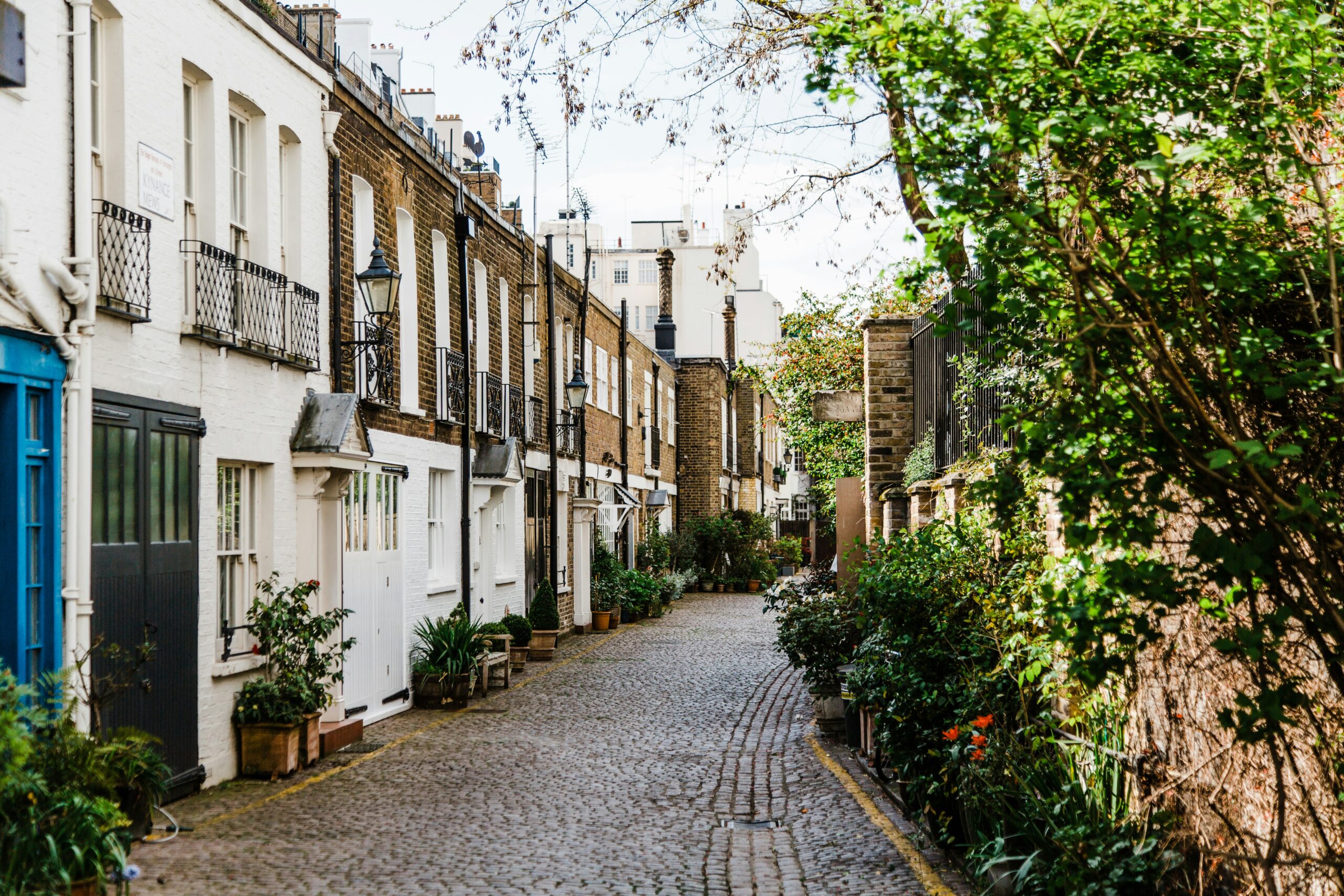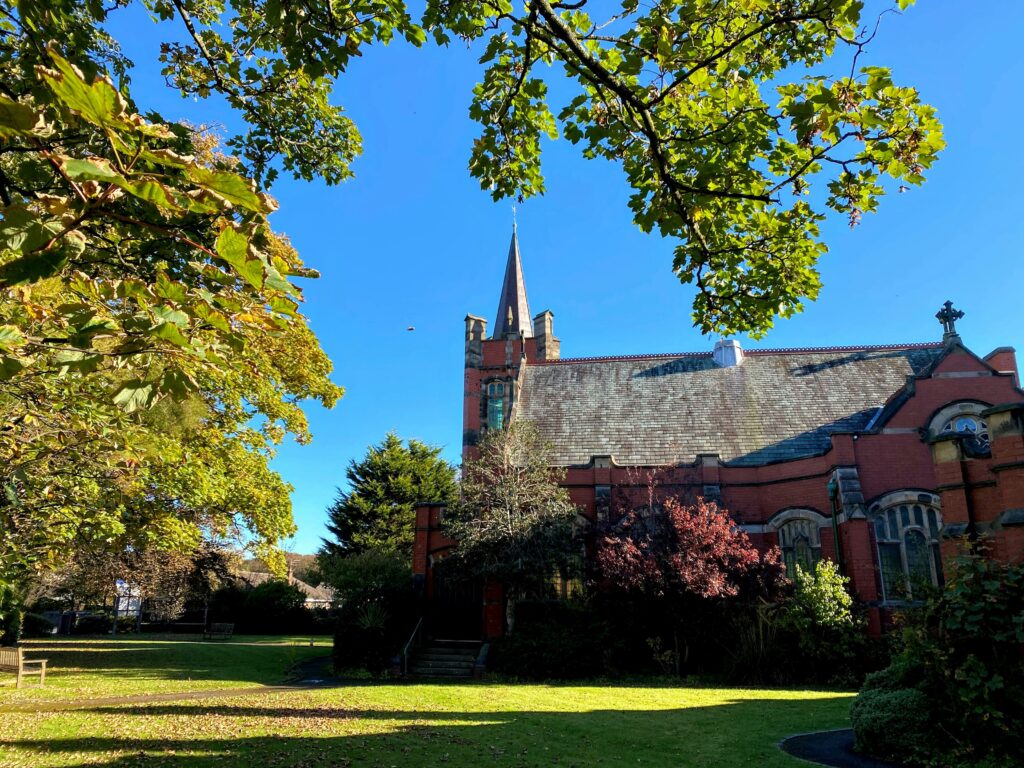
How Much Is Council Tax in London in 2025?
Council tax is a significant expense for London residents, helping fund essential services such as policing, fire brigades, waste collection, and social care. This year council tax rates are set to rise across all 32 London boroughs, with increases varying depending on location and property band. In this blog, we’ll cover everything you need to know about council tax increases in London, including an area breakdown, how to check your bill, and what support is available for low-income households.
Why is council tax increasing in 2025?
The primary reason for the 2025 council tax increase is the financial pressure on both the Greater London Authority (GLA) and individual borough councils. Rising inflation, the increased costs of services, and the need for additional funding for the Metropolitan Police and the London Fire Brigade have all contributed to the need for higher council tax revenues.
Mayor Sadiq Khan has proposed a 4% increase for the GLA, which is the portion of council tax allocated to citywide services. This means that for an average Band D property in the GLA, council tax will rise from £471.40 to £490.38, an annual increase of £18.98.
Aside from the GLA, each London borough sets its own council tax rate, which is used to fund local services such as schools, waste collection, and social care. Most boroughs have opted to increase their rates by the maximum allowable 5% without requiring a local referendum. Some boroughs facing severe financial strain have applied for special permission to increase their rates beyond this cap.
Council tax increases by borough
The exact increase in council tax depends on where you live. Here is a breakdown of some of the expected rises in London boroughs for a Band D property:
- Newham: 9.99% increase (one of the highest in London)
- Greenwich, Hounslow, Merton, Islington: Expected to exceed £2,000 per year for the first time
- Westminster: Still expected to have the lowest council tax rates in London
- Kensington & Chelsea: Also among the lowest, despite an increase
- Haringey, Lambeth, and Camden: Seeing increases close to the 5% threshold
Most boroughs will see increases of around 4-5%, which translates to an additional £60-£100 per year for a typical Band D household.
What does this mean for Londoners?
For many households, the increase in council tax comes at a time when the cost of living remains a concern. Energy prices, rent, and food costs have all risen, putting pressure on household budgets. For some, the additional £100-200 per year in council tax could add further strain.
However, these increases are necessary to maintain critical services. The Metropolitan Police and London Fire Brigade are both set to receive additional funding, helping to address rising crime rates and emergency response times. Social care services, which have been underfunded for years, will also benefit from the additional revenue.
Support for low-income households
Recognising the financial burden of council tax, there are various support schemes available for low-income residents, including:
- Council Tax Reduction (CTR) Scheme: A discount for those on low income or benefits.
- Single Person Discount: A 25% discount for people who live alone.
- Student Exemptions: Full-time students are typically exempt from council tax.
- Disability Reductions: Households with disabled residents may qualify for reductions.
If you are struggling with council tax payments, you can contact your local borough council to check if you qualify for any of these reductions.
How to check your council tax bill for 2025
Each London borough will send out updated council tax bills in March 2025, detailing the new rates effective from April. To check your council tax band and expected bill:
- Visit your local borough’s website.
- Use the government’s council tax checker tool.
- Contact your council if you believe your property band is incorrect.
The 2025 council tax increases reflect the financial challenges facing both the Greater London Authority and individual boroughs. While the additional revenue is needed to support vital services, the increases come at a time when many residents are already dealing with higher living costs. Understanding your council tax obligations and seeking available discounts can help ease this financial burden.
For more details on council tax changes in your borough, visit your local council’s website or check government announcements.
If you’re struggling to pay your council tax and want to move home, we can help. Selling your home can feel like a daunting process, but with Sell House Fast you’re choosing a quick, fair and reliable solution tailored to your needs. We buy your house – no matter the condition, location or circumstances – and our cash offer gives you the certainty to move on with peace of mind.
These things are what make us a leading cash house buyer. Claim your cash offer for free, in a matter of minutes — whatever the condition and location of your property. Get your quote now.


